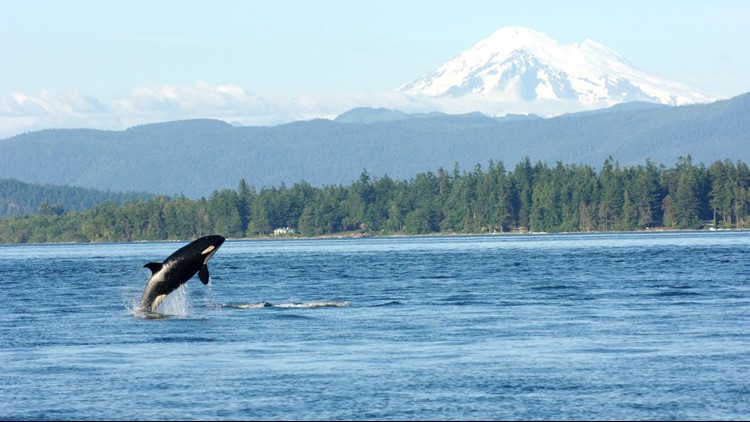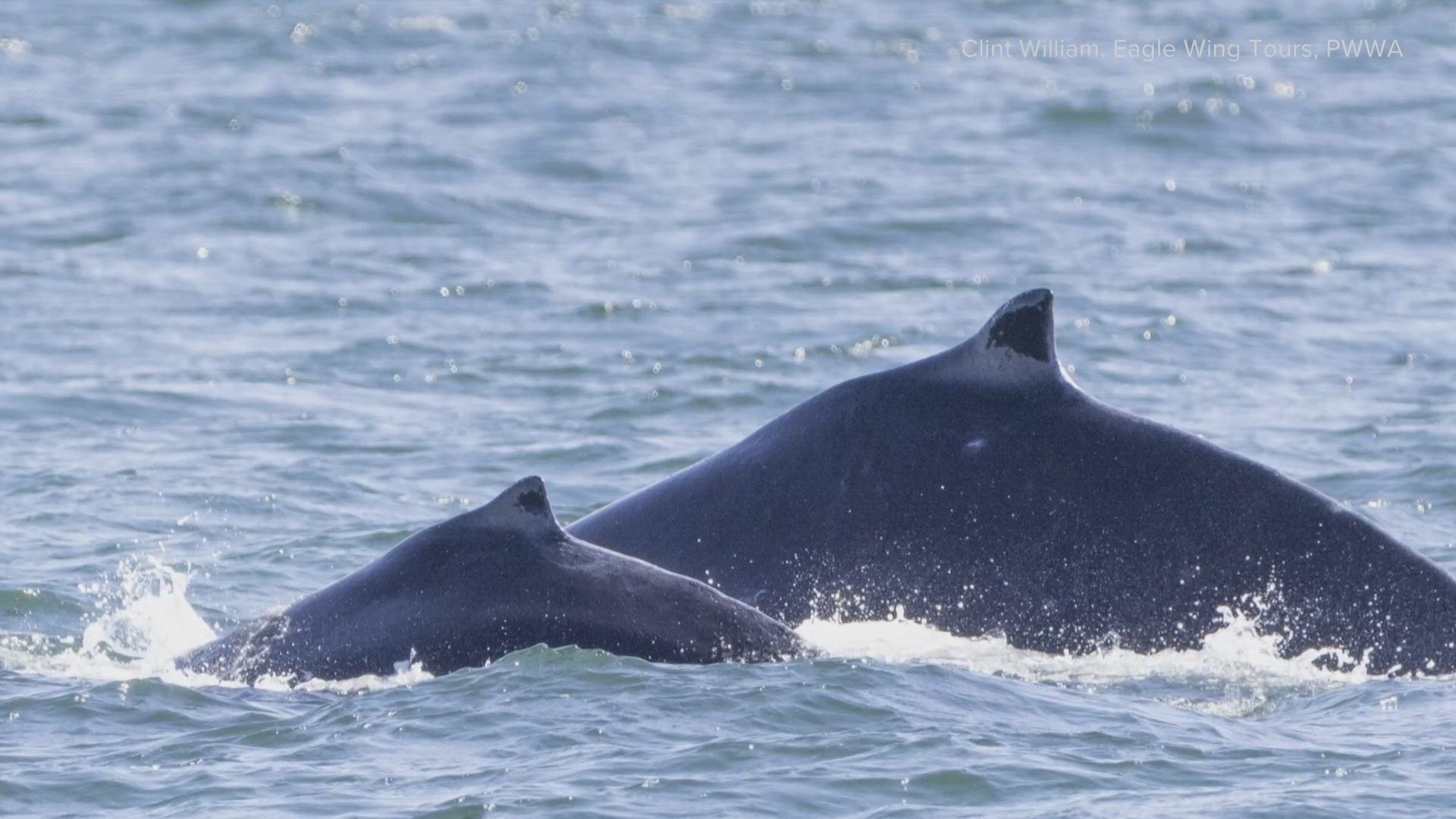Boats will no longer be able to dump raw or partially treated sewage in Puget Sound.
The Washington Department of Ecology announced Tuesday that it will create the Northwest's first no discharge zone, which would span 2,300 square miles from the Canadian border to the Discovery Island Lighthouse and waters east of the New Dungeness Lighthouse. It also would include Lake Washington, Lake Union, and connecting waters to Puget Sound.
The regulation will require any vessel with a permanent toilet to store its waste until it could be pumped ashore.
Boats can currently dump raw sewage in Puget Sound if they are three miles from shore. Partially treated sewage can be dumped overboard from anywhere, even at the dock.
Late last year, EPA Administrator Scott Pruitt's senior counsel called a meeting with Ecology Director Maia Bellon. President Donald Trump's EPA counsel was reacting to a petition from Washington maritime stakeholders. They're critical of the NDZ designation, arguing it will be too costly for maritime business and doesn't do much to stop pollution. Some boats will need $175,000 in upgrades for storage tanks.
There was concern among environmentalists that Pruitt might derail the rule making, but Director Maia Bellon remained hopeful.
"I typically work with the Seattle office of the EPA to talk about these issues. I'm a 'glass is half full person.' I'm going to look at it as an opportunity to talk about Washingtonians want the Puget Sound to be treated with the utmost of respect," Bellon said at the time.
The Environmental Protection Agency approved the state's plan in 2017, finding that there were enough facilities nearby where boats could pump out sewage.
There are 90 no-discharge zones in 26 states.
There will be a five-year grace period for tugs, commercial vessels and even some National Oceanic and Atmospheric Administration Fisheries vessels to make the changes necessary.



